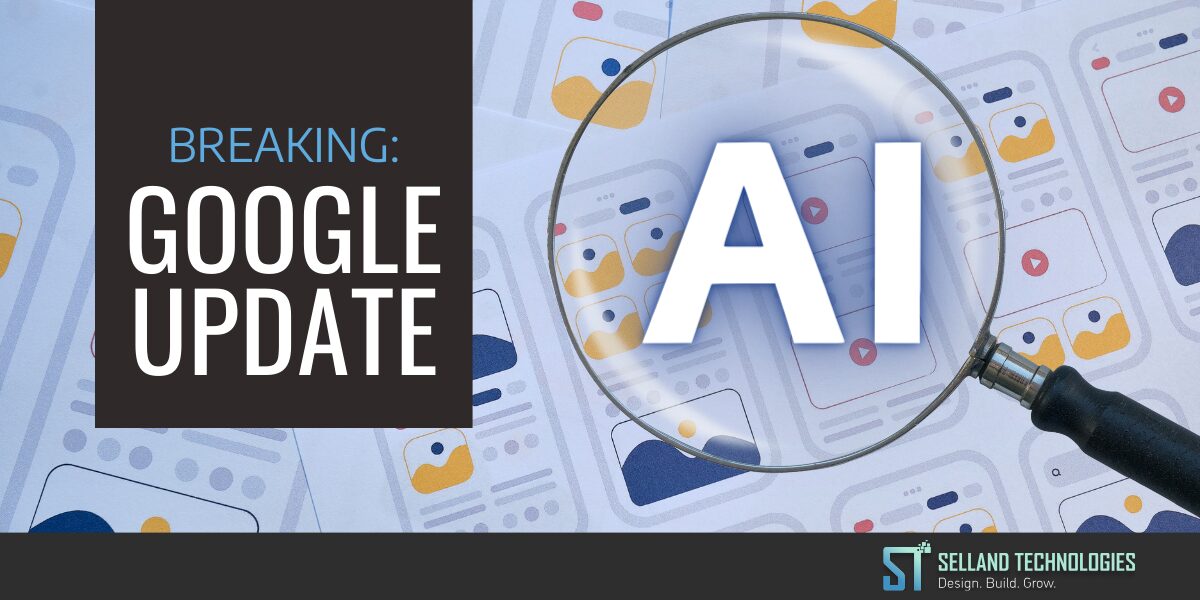In a significant move to enhance user experience and leverage artificial intelligence (AI), Google has rolled out a major update to its search algorithm. This update is designed to prioritize high-quality, relevant content and user satisfaction, signaling a shift in the digital marketing landscape. As digital marketers, understanding and adapting to these changes is crucial for maintaining and improving search engine rankings.
Key Aspects of the Update
Prioritize User-Centric Content
- Relevance Over Keywords: The new algorithm focuses more on the relevance and quality of content rather than just keyword optimization. This means creating content that truly addresses the needs and queries of your audience.
- User Intent: Understanding user intent is now more important than ever. Content should be tailored to provide value and answers to specific questions that users might have.
Focus on Site Speed and Mobile Optimization
- Page Load Speed: Google continues to emphasize the importance of page load speed. Faster websites not only provide a better user experience but are also favored in search rankings.
- Mobile-First Indexing: With mobile-first indexing, the mobile version of your site is considered the primary version. Ensuring that your website is mobile-friendly is crucial for maintaining visibility in search results.
Enhance AI-Driven Personalization
- AI Integration: AI-driven tools and technologies are becoming integral in content creation and personalization. By utilizing AI, marketers can deliver highly personalized content to users, improving engagement and conversion rates.
- Predictive Analysis: AI can help predict user behavior and trends, allowing marketers to proactively create content that meets future demands and preferences.
Adapting to the Update:
Strategies for Digital Marketers
Content Quality and Relevance
- In-Depth Content: Focus on creating in-depth, comprehensive content that thoroughly covers topics of interest to your audience. This not only helps with SEO but also establishes your authority in your niche.
- Regular Updates: Keep your content updated with the latest information and trends. Fresh content is more likely to be favored by the new algorithm.
Technical SEO Enhancements
- Improve Site Speed: Utilize tools like Google PageSpeed Insights to identify and fix issues that might be slowing down your site. Optimize images, leverage browser caching, and minimize JavaScript.
- Mobile Optimization: Ensure that your site is fully responsive and provides a seamless experience on mobile devices. Test your site using Google’s Mobile-Friendly Test tool.
Leveraging AI and Automation
- Content Personalization: Use AI-powered tools to create personalized content experiences for your users. Tools like chatbots can enhance user interaction by providing immediate, tailored responses.
- Data-Driven Decisions: Utilize AI to analyze user data and make informed decisions about content strategy. Predictive analytics can help you stay ahead of trends and meet user needs proactively.
Google’s latest algorithm update underscores the importance of user-centric content, site speed, mobile optimization, and AI-driven personalization. By focusing on these areas, digital marketers can not only adapt to the changes but also leverage them to enhance their SEO strategies and improve user engagement. Staying informed and flexible will be key to navigating this evolving digital landscape.
